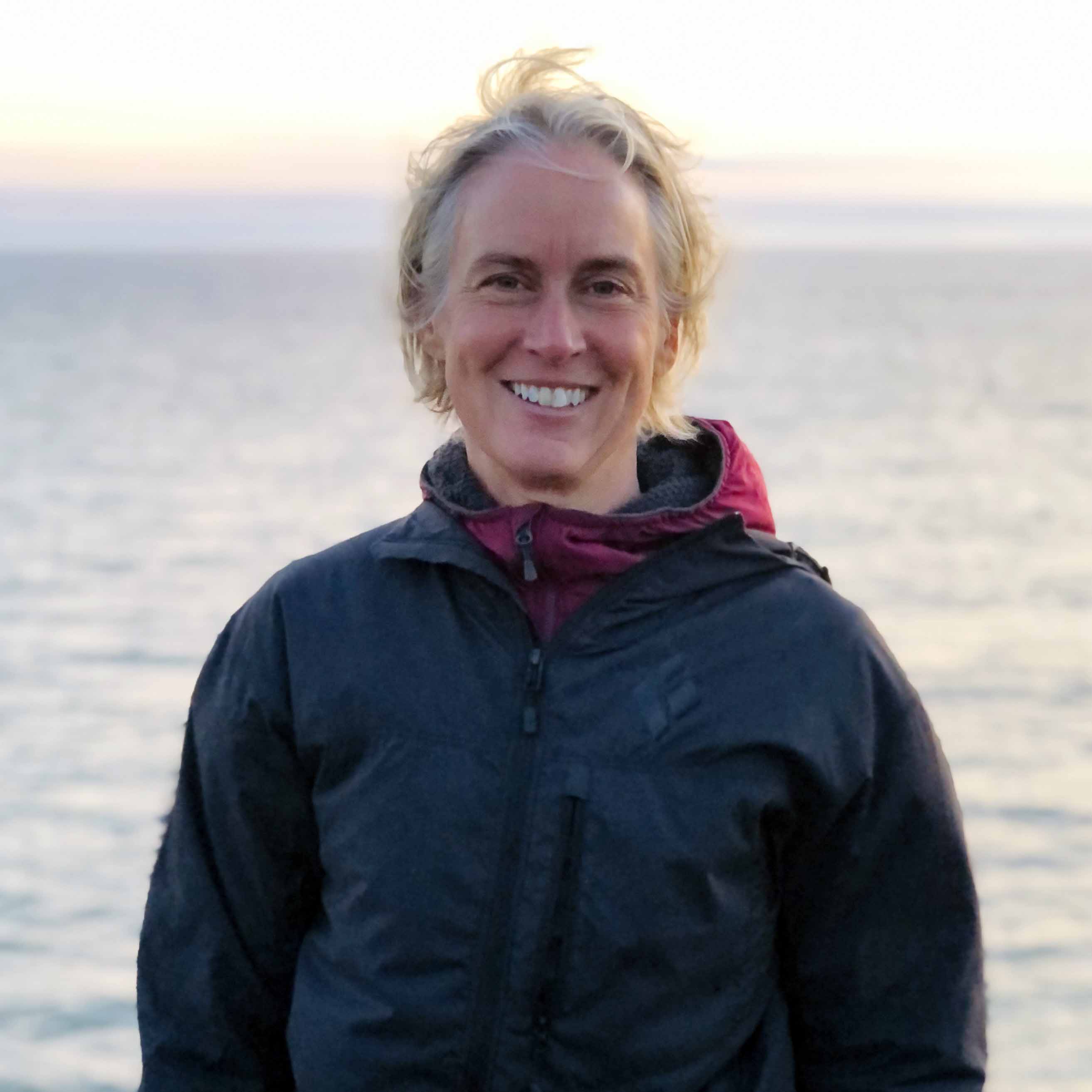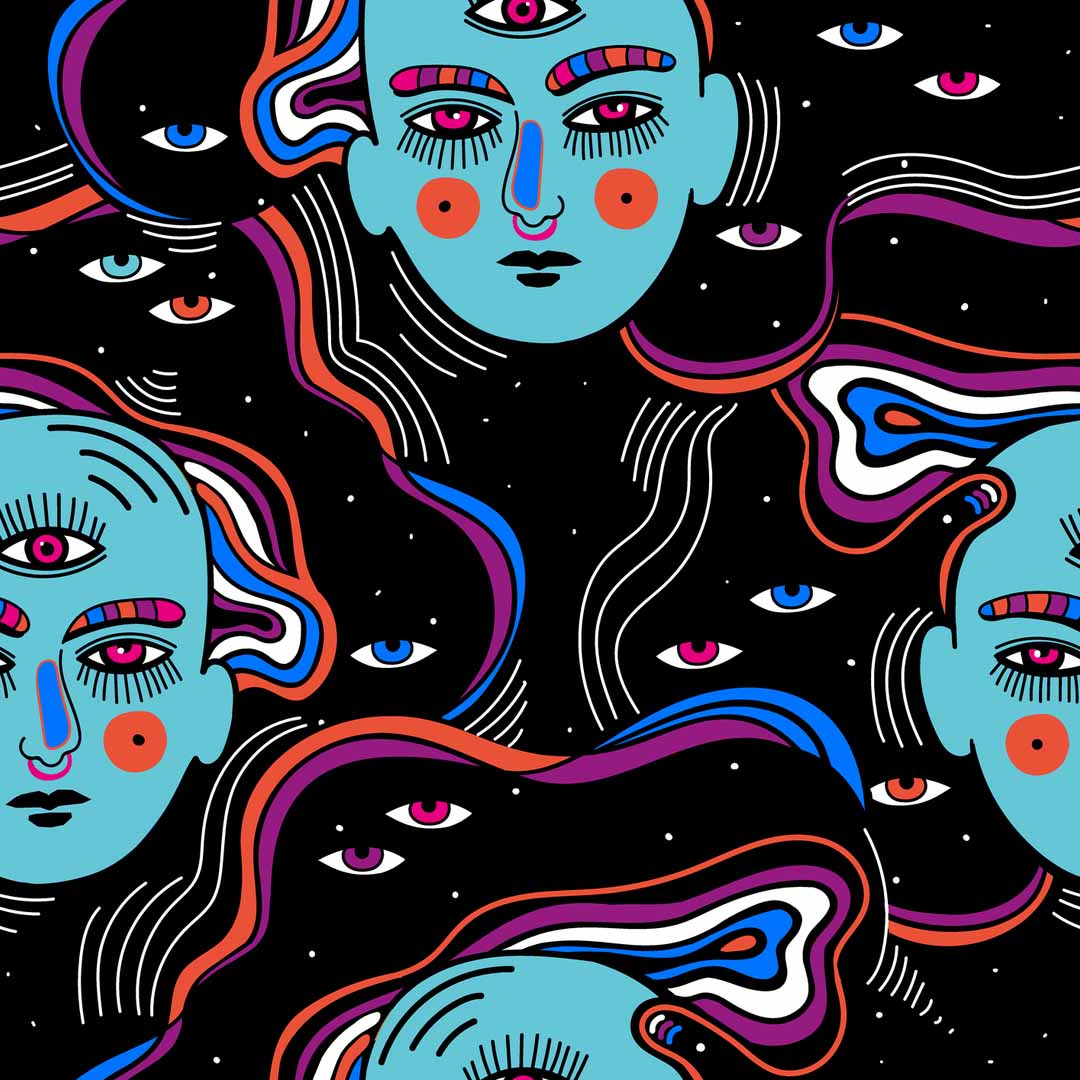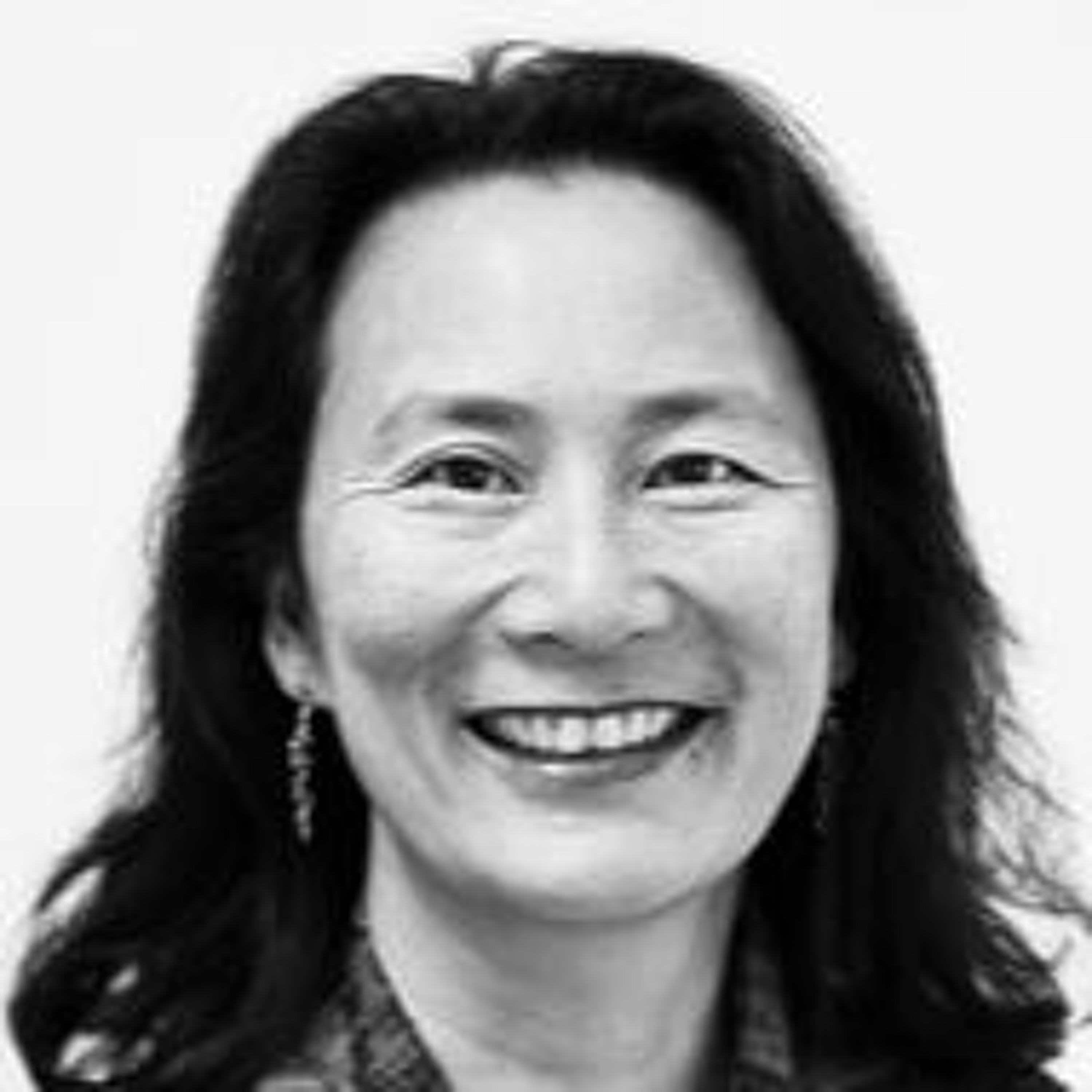Show Notes
A conversation with Matt King, professor of Buddhist studies at the University of California, Riverside. King is also the director of Asian studies and co-director of the medical humanities program at UCR. His research traces encounters between Buddhist scholasticism, science, humanism and state socialism in the 19th and early 20th centuries.
In this conversation with Frances Garrett, part of a Footnotes series on posthumanist approaches to the study of Buddhism, Matt King talks about his new research on the Gobi desert in the long 19th century. He discusses frontiers and zones of exchange between Tibetan and Mongolian communities in early 20th century China and Buddhist perspectives on nature, culture, and science. He talks about how nature/culture binaries may be understood newly through the lens of Buddhism, Indigenous studies, Black feminist studies, and models of planetary thinking, and about how the concept of nature is used to justify power structures, including colonialism and imperialism. He describes how his research with Mongolian and Tibetan sources suggests that knowledge and environments are co-produced and fundamentally perspectival.
This episode of Buddhist Studies Footnotes was created, produced and edited by Frances Garrett, with support from the Robert H.N. Ho Family Foundation Centre for Buddhist Studies at the University of Toronto. This project aims to make Buddhist Studies research freely accessible to students and the public.




